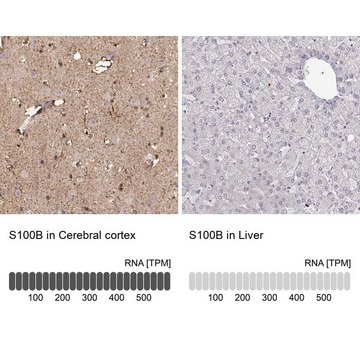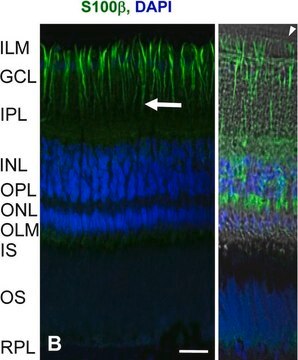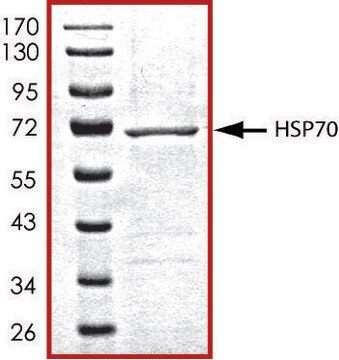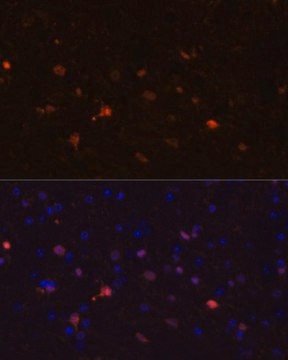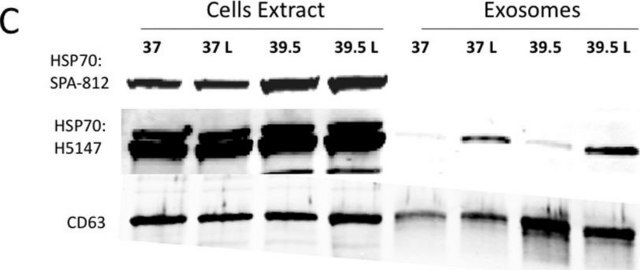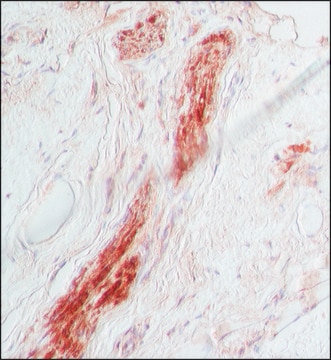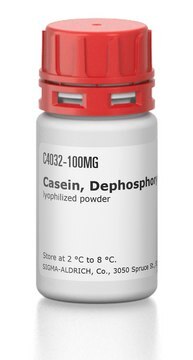H8910
Heat Shock Cognate 70-interacting Protein from rat
≥70% (SDS-PAGE), recombinant, expressed in E. coli
Sign Into View Organizational & Contract Pricing
All Photos(1)
About This Item
UNSPSC Code:
12352202
NACRES:
NA.32
Recommended Products
biological source
rat
Quality Level
recombinant
expressed in E. coli
assay
≥70% (SDS-PAGE)
form
buffered aqueous solution
concentration
1.1 mg protein/mL
UniProt accession no.
shipped in
dry ice
storage temp.
−70°C
Gene Information
rat ... Hspa8*(117125)
Biochem/physiol Actions
Hsc70 (heat shock cognate 70) is a molecular chaperone and constitutively expressed type of Hsp70 (heat shock protein 70). It participates in synaptic signal transduction. In hippocampal neurons, it can interact with NFκB (nuclear factor κB) p65. In presence of oxidative stress, it shows protective effect on cardiomyocytes, partly via association with α-enolase. Hsp70 and Hsc70 together are involved in the production and degradation of ERAD (endoplasmic reticulum-associated degradation) substrates. Hsc70 is also needed for myofibril structure maintenance and the suppression of myofibrillar degeneration in presence of mechanical stress.
Physical form
Solution in 20 mM MOPS, pH 7.2, 50 mM KCl, and 2 mM MgCl2
flash_point_f
Not applicable
flash_point_c
Not applicable
Certificates of Analysis (COA)
Search for Certificates of Analysis (COA) by entering the products Lot/Batch Number. Lot and Batch Numbers can be found on a product’s label following the words ‘Lot’ or ‘Batch’.
Already Own This Product?
Find documentation for the products that you have recently purchased in the Document Library.
Christin Klenke et al.
PloS one, 8(6), e65280-e65280 (2013-06-14)
Signaling via NF-κB in neurons depends on complex formation with interactors such as dynein/dynactin motor complex and can be triggered by synaptic activation. However, so far a detailed interaction map for the neuronal NF-κB is missing. In this study we
Akinori Hishiya et al.
Circulation research, 107(10), 1220-1231 (2010-10-05)
A homozygous disruption or genetic mutation of the bag3 gene, a member of the Bcl-2-associated athanogene (BAG) family proteins, causes cardiomyopathy and myofibrillar myopathy that is characterized by myofibril and Z-disc disruption. However, the detailed disease mechanism is not yet
Yoshihiro Matsumura et al.
Molecular biology of the cell, 22(16), 2797-2809 (2011-06-24)
The Hsp/c70 cytosolic chaperone system facilitates competing pathways of protein folding and degradation. Here we use a reconstituted cell-free system to investigate the mechanism and extent to which Hsc70 contributes to these co- and posttranslational decisions for the membrane protein
Qi Luo et al.
Free radical research, 45(11-12), 1355-1365 (2011-10-01)
Constitutive heat shock protein 70 (Hsc70) is a molecular chaperone that has been shown to protect cardiomyocytes against oxidative stress. However, the molecular mechanism responsible for this protection remains uncertain. To understand the mechanism associated with the myocardial protective role
Our team of scientists has experience in all areas of research including Life Science, Material Science, Chemical Synthesis, Chromatography, Analytical and many others.
Contact Technical Service
